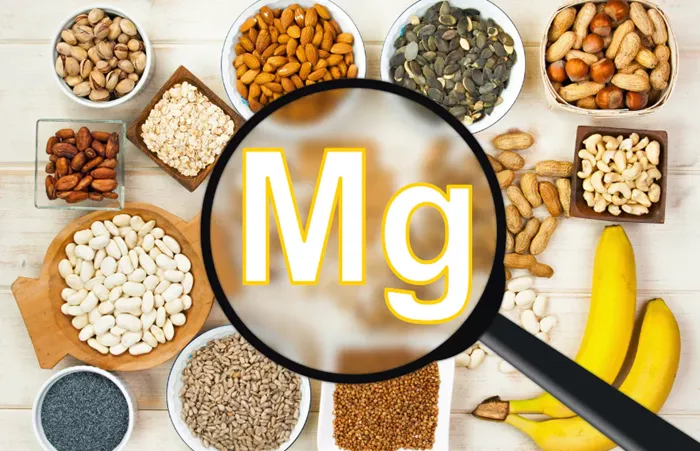Magnesium is a key mineral your body needs to function well. It helps with muscle movement, energy production, and heart rhythm. For people who exercise often, it may also support better performance and faster recovery.
When you work out, your body uses more magnesium. Athletes may need 10–20% more than those who are less active. Long and intense exercise sessions can lower your magnesium levels.
Taking magnesium before exercise might help reduce muscle soreness. It may also improve energy use and delay fatigue, especially during high-intensity workouts.
One study found that cyclists who took 400 mg of magnesium daily showed better muscle strength and faster recovery. This suggests a possible benefit to pre-workout magnesium use.
Some experts say taking magnesium two hours before a workout may help with performance. But more research is needed to know if it works just as well when taken after exercise.
Even though magnesium supplements are safe for most people, not everyone needs them. If your diet lacks magnesium-rich foods like nuts, beans, spinach, or dark chocolate, supplements may help.
The daily recommended amount of magnesium is about 310–420 mg, depending on your age and sex. Many studies suggest 300–500 mg can support muscle recovery after workouts.
Magnesium citrate, lactate, and chloride are easier for your body to absorb than other forms. Magnesium citrate is often recommended for workout recovery.
Some medicines can lower your magnesium levels, such as water pills or stomach acid blockers. Magnesium can also affect how well some drugs work, like certain antibiotics.
Hormones can change your magnesium needs, too. For people assigned female at birth, levels may dip before or during menstruation, possibly increasing cravings for foods like chocolate.
There’s no clear answer on whether it’s better to take magnesium before or after a workout. What matters most is keeping your levels steady and making sure you’re not deficient.
Talk to your doctor before starting any supplement. They can help you decide how much magnesium you need and what form is best for you.
Related topics:
- The Best 5 Magnesium for Men
- Does Magnesium Help with Hot Flashes?
- What Magnesium Is Good For Anxiety?


